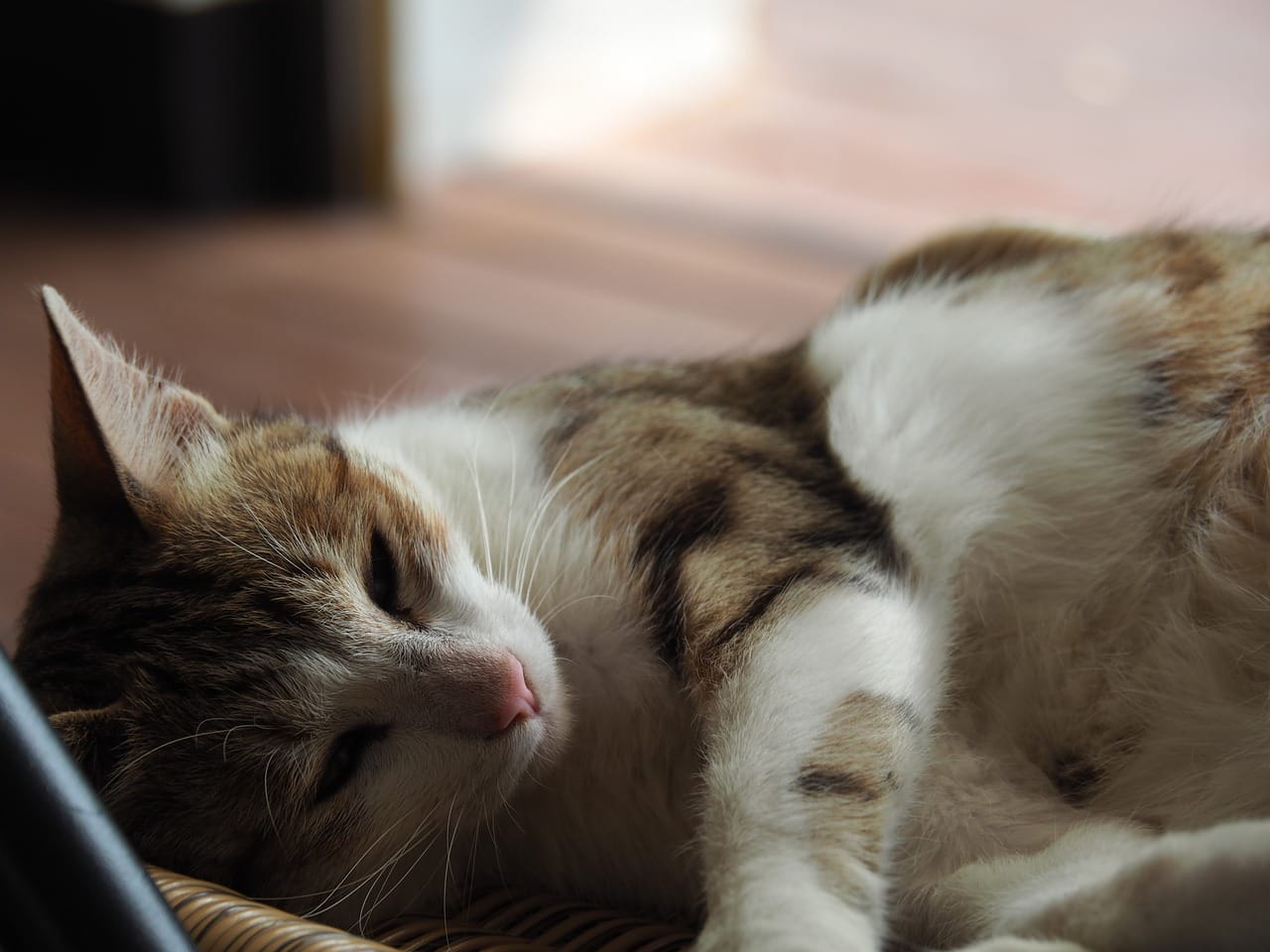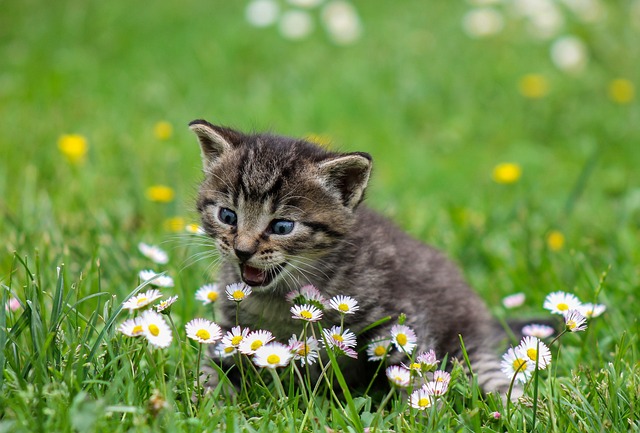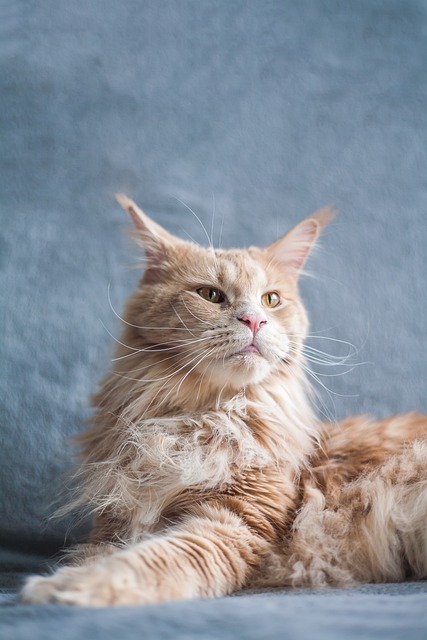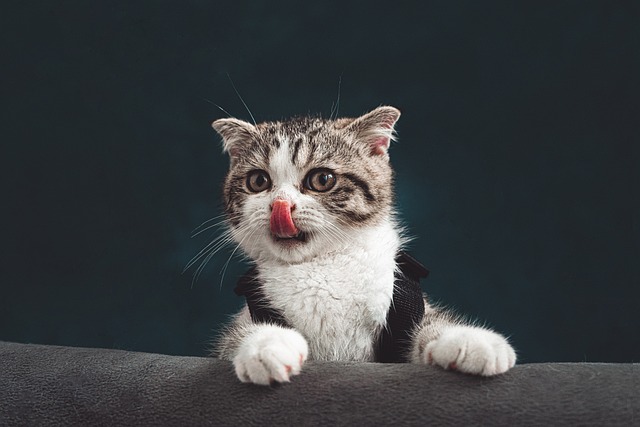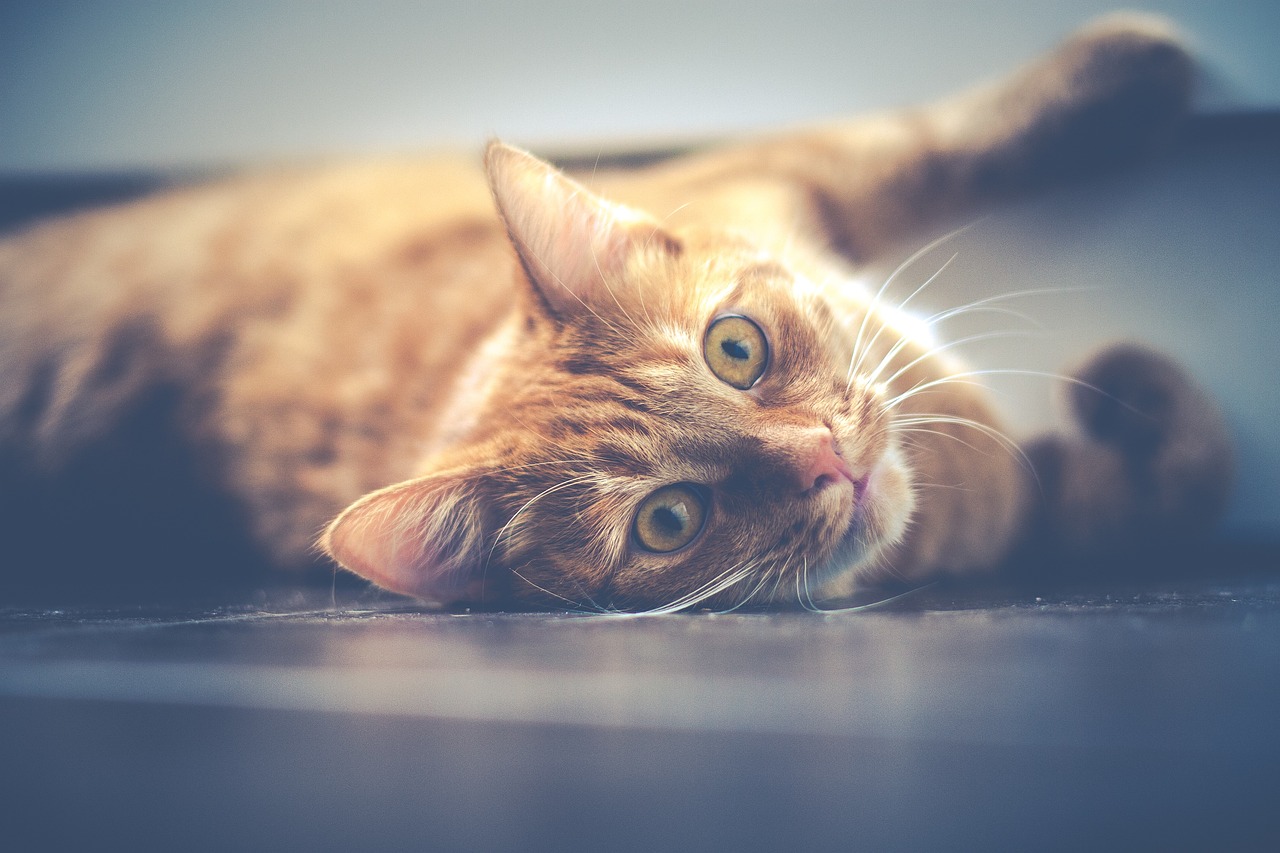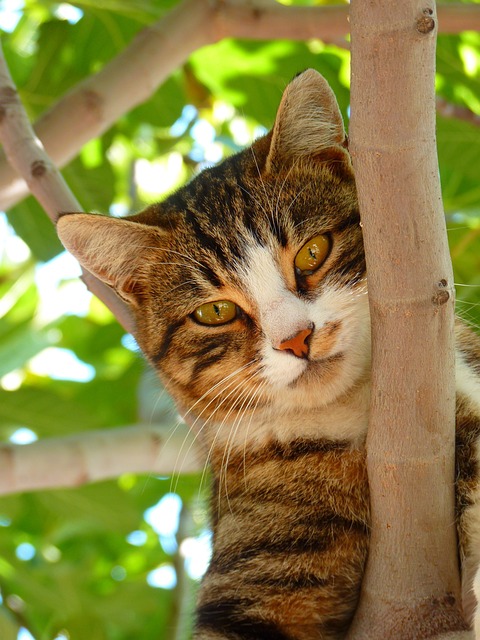Lethargy, characterized by a lack of energy and enthusiasm, is a common concern among cat owners. It can be a subtle yet significant indication of underlying health issues in feline companions. In this comprehensive guide, we’ll explore the causes, symptoms, and treatment options for lethargy that is causing your cat losing energy. We will help you better understand and address this concerning behavior.
1.What is Lethargy in Cats
Lethargy in cats refers to a state of extreme tiredness or lack of energy, where a cat shows a significant decrease in activity levels and overall responsiveness. It’s characterized by a noticeable decrease in interest in usual activities, such as playing, exploring, or interacting with humans or other pets.
Lethargic cats may spend more time sleeping than usual and may exhibit reluctance to move or engage in physical activities. Additionally, they might appear less alert and responsive to their surroundings, showing reduced interest in food or grooming.
Lethargy can be caused by a variety of factors, including underlying health issues, pain or discomfort, stress, anxiety, or environmental changes. It’s essential to monitor a lethargic cat closely and seek veterinary attention promptly, as it could be a sign of an underlying medical condition that requires treatment.
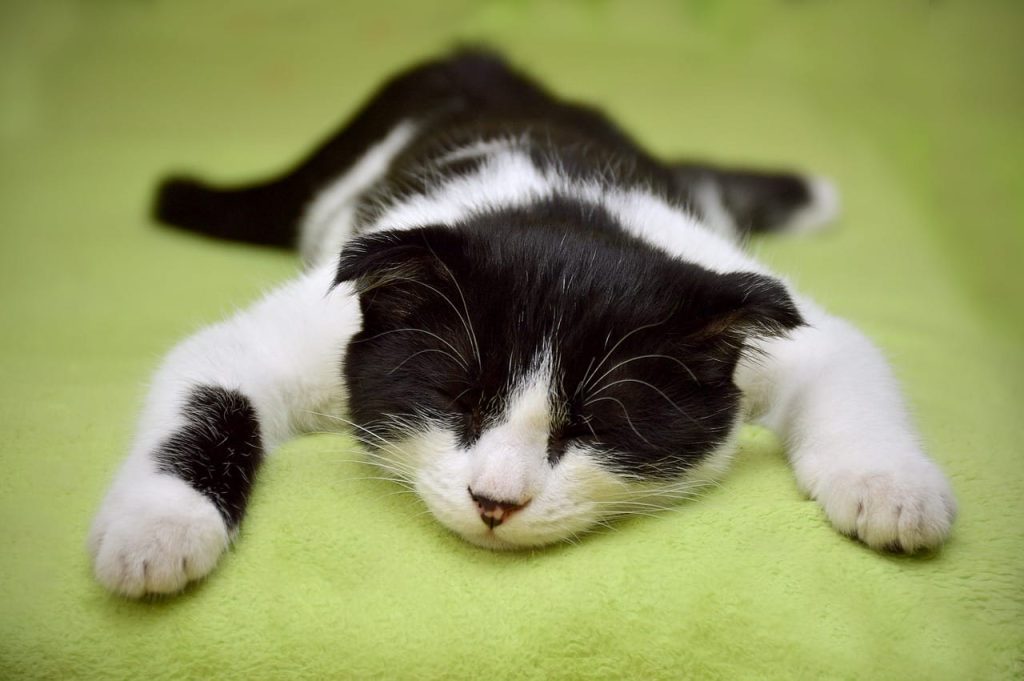
2.Symptoms of Lethargy in Cats
Lethargic cats often exhibit reduced activity levels and increased sleepiness compared to their usual behavior. Here’s a list of symptoms of lethargy in cats:
- Decreased Activity Levels: Lethargic cats typically exhibit a noticeable decrease in their usual activity levels. They may appear less playful, energetic, or interested in engaging with their environment.
- Increased Sleepiness: Cats experiencing lethargy may spend more time sleeping than usual. They might seem excessively drowsy or lethargic, opting to rest or nap for extended periods throughout the day.
- Reduced Interest in Interaction: Lethargic cats may show a decreased interest in interacting with humans or other pets. They might withdraw from social interactions, preferring solitude or quiet spaces.
- Loss of Appetite: A notable symptom of lethargy in cats is a decrease in appetite or interest in food. Cats may refuse to eat their regular meals or snacks, leading to weight loss or malnutrition if the behavior persists.
- Decreased Grooming Behavior: Cats typically engage in regular grooming to maintain their coat’s cleanliness and health. However, lethargic cats may show a decline in grooming behavior, leading to a dull, unkempt appearance or matting of the fur.
- Change in Vocalization: Lethargy can affect a cat’s vocalization patterns, causing them to become quieter or less communicative than usual. They may meow less frequently or with less intensity, indicating a change in their overall well-being.
- Altered Posture or Movement: Cats experiencing lethargy may exhibit changes in their posture or movement patterns. They might move more slowly or cautiously, with a reluctance to engage in physical activities such as jumping or climbing.
- Lack of Interest in Play: Lethargic cats often show a reduced interest in play or interactive toys. They may ignore toys they once enjoyed or show minimal engagement in activities that require physical exertion or mental stimulation.
- Depressed or Dull Appearance: Cats with lethargy may exhibit a depressed or dull appearance, with drooping posture, half-closed eyes, and a lack of enthusiasm in their demeanor. Their overall expression may appear uninterested or subdued.
- Increased Hiding Behavior: Lethargic cats may seek out secluded or hidden areas within the home, such as closets, under furniture, or behind curtains. They may prefer to spend more time in these secluded spaces, away from noise or activity.
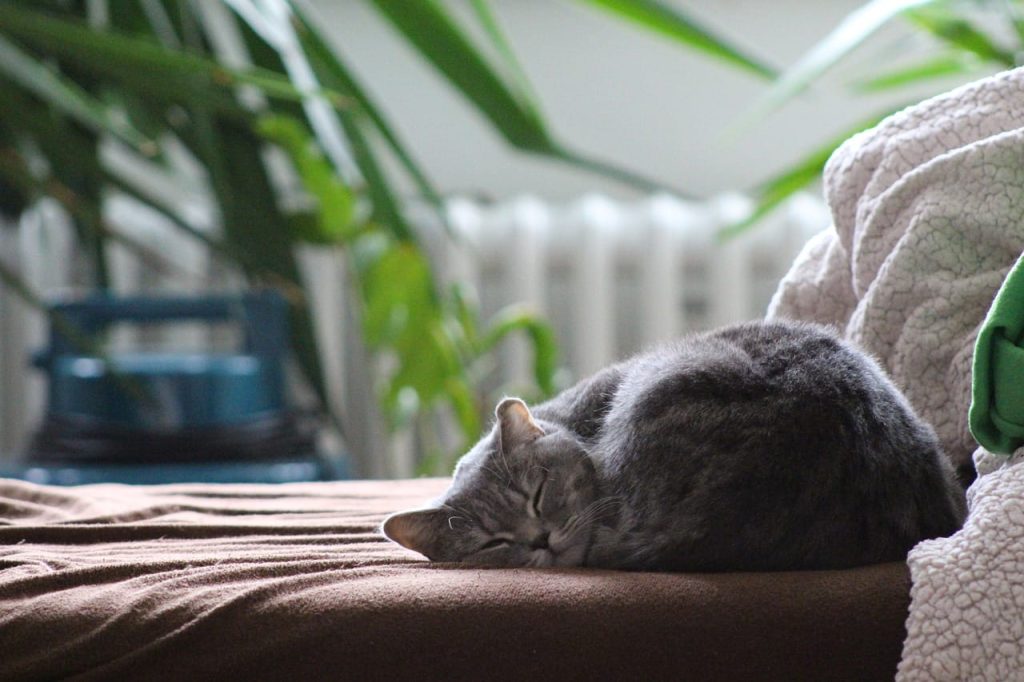
3.Common Causes of Lethargy in Cats
Lethargy in cats can stem from various factors, including medical conditions and environmental stressors.
- Illness or Infection: Lethargy in cats can often be a sign of underlying illness or infection. Various health issues, such as respiratory infections, urinary tract infections, or gastrointestinal disorders, can lead to a decrease in energy levels and overall lethargy. It’s essential to consult with a veterinarian to diagnose and treat any underlying medical conditions promptly.
- Pain or Discomfort: Cats experiencing pain or discomfort, whether from injuries, arthritis, dental problems, or other sources, may exhibit lethargy as a response. Pain can significantly impact a cat’s quality of life and lead to a decrease in activity levels and interest in usual behaviors. Identifying and addressing the source of pain is crucial for alleviating discomfort and improving the cat’s well-being.
- Stress or Anxiety: Cats are sensitive animals prone to stress and anxiety, which can manifest as lethargy. Environmental stressors, such as changes in routine, household disruptions, or the presence of unfamiliar animals or people, can trigger anxiety in cats, leading to decreased energy levels and withdrawal from social interactions. Creating a calm and predictable environment and providing enrichment activities can help reduce stress and alleviate lethargy.
- Nutritional Imbalances: Poor nutrition or dietary imbalances can impact a cat’s overall health and energy levels, resulting in lethargy. Cats require a balanced diet rich in essential nutrients to thrive, and deficiencies or excesses can lead to lethargy, weakness, and other health issues. Ensuring that your cat receives a high-quality diet tailored to their specific nutritional needs is essential for promoting optimal health and vitality.
- Dehydration: Dehydration can cause lethargy and weakness in cats, as it affects various bodily functions and can lead to electrolyte imbalances. Cats may become dehydrated due to insufficient water intake, especially if they primarily consume dry food, or as a result of underlying health conditions such as kidney disease or diabetes. Providing access to fresh, clean water at all times and monitoring your cat’s hydration status is crucial for preventing dehydration-related lethargy.
- Age-related Changes: As cats age, they may experience natural changes in energy levels and activity levels, leading to lethargy. Senior cats are more prone to conditions such as arthritis, cognitive dysfunction, and other age-related health issues, which can contribute to decreased mobility and energy. Providing appropriate care, including regular veterinary check-ups and tailored nutrition, can help manage age-related changes and promote the overall well-being of senior cats.
- Toxicity: Exposure to toxic substances, such as certain plants, chemicals, medications, or household products, can cause lethargy and other symptoms in cats. Toxicity can lead to a range of health issues, including gastrointestinal upset, neurological symptoms, and organ damage, depending on the substance involved. If you suspect your cat has ingested a toxic substance, seek immediate veterinary attention for appropriate treatment.
- Heart or Respiratory Problems: Heart or respiratory problems, such as heart disease, asthma, or respiratory infections, can lead to lethargy in cats. These conditions affect the cat’s ability to breathe and circulate oxygen effectively, resulting in decreased energy levels and overall lethargy. Prompt diagnosis and treatment are essential for managing heart and respiratory issues and improving the cat’s quality of life.
4.Lethargic Cats With Other Symptoms
Monitoring a lethargic cat for additional symptoms can provide valuable insights into the underlying cause of their condition. If you notice lethargy accompanied by other concerning symptoms, it’s essential to seek veterinary attention promptly for a thorough evaluation and appropriate treatment.
- Lethargy with Decreased Appetite: If a cat is lethargic and also showing a decreased appetite, it could indicate an underlying illness, gastrointestinal issue, dental problem, or stress. Loss of appetite can lead to weight loss and dehydration if left untreated, so it’s essential to monitor the cat closely and seek veterinary attention promptly.
- Lethargy with Vomiting or Diarrhea: Lethargy accompanied by vomiting or diarrhea may signal gastrointestinal upset, ingestion of a toxic substance, dietary intolerance, or underlying health issues such as inflammatory bowel disease or pancreatitis. Fluid loss from vomiting or diarrhea can lead to dehydration and electrolyte imbalances, requiring veterinary intervention to address.
- Lethargy with Increased Thirst and Urination: Lethargy along with increased thirst and urination could be indicative of underlying health conditions such as diabetes mellitus, kidney disease, or hyperthyroidism. These conditions affect metabolic processes and fluid balance in the body, leading to lethargy, polydipsia (increased thirst), and polyuria (increased urination). Prompt veterinary evaluation and management are necessary to address these conditions effectively.
- Lethargy with Respiratory Symptoms: Lethargy accompanied by respiratory symptoms such as coughing, wheezing, or difficulty breathing may indicate respiratory infections, asthma, heart disease, or other respiratory issues. These conditions can impair the cat’s ability to breathe effectively, leading to lethargy and respiratory distress. Immediate veterinary attention is required to diagnose and treat the underlying cause of respiratory symptoms.
- Lethargy with Abdominal Pain or Discomfort: Lethargy in conjunction with signs of abdominal pain or discomfort, such as vocalization, restlessness, or hunching over, may suggest gastrointestinal issues, urinary tract problems, or abdominal organ abnormalities. These conditions can cause discomfort and distress, leading to lethargy and changes in behavior. Veterinary evaluation is essential to determine the cause and provide appropriate treatment.
- Lethargy with Lameness or Mobility Issues: Lethargy accompanied by lameness, reluctance to move, or difficulty walking may indicate musculoskeletal problems such as arthritis, injuries, or neurological issues. Pain or discomfort associated with mobility issues can contribute to lethargy and reduced activity levels. Veterinary assessment and management are necessary to address the underlying musculoskeletal condition and improve the cat’s mobility and comfort.
- Lethargy with Changes in Urinary Habits: Lethargy along with changes in urinary habits, such as straining to urinate, urinating outside the litter box, or blood in the urine, may suggest urinary tract infections, urinary blockages, or other urinary tract issues. These conditions can cause discomfort and lead to lethargy and changes in urinary behavior. Veterinary examination and appropriate diagnostics are crucial for diagnosing and treating urinary tract problems effectively.
- Lethargy with Behavioral Changes: Lethargy accompanied by behavioral changes, such as aggression, hiding, or vocalization, may indicate stress, anxiety, or underlying medical conditions affecting behavior. Cats may exhibit behavioral changes in response to pain, discomfort, or environmental stressors, leading to lethargy and altered behavior patterns. Veterinary evaluation and behavioral management strategies may be necessary to address the underlying cause and improve the cat’s well-being.
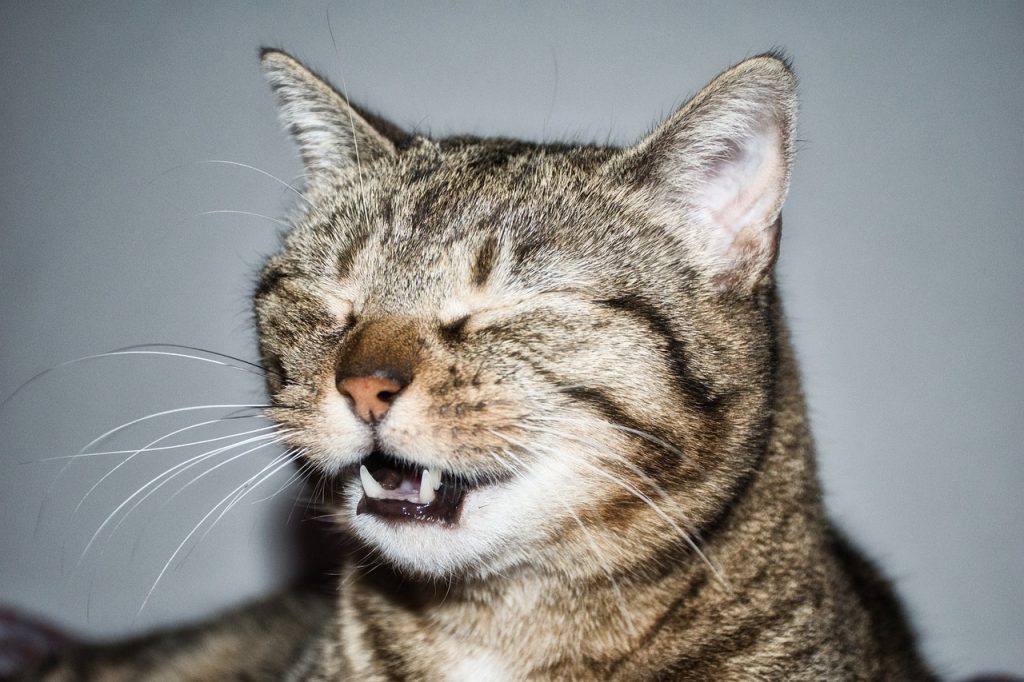
Treatment Options for Lethargic Cats
If you suspect your cat is lethargic, it’s essential to schedule a veterinary evaluation promptly. Your veterinarian will perform diagnostic tests and examinations to identify the underlying cause of your cat’s lethargy.
Explore the treatments of a lethargic cat.
Preventive Measures and Long-Term Care
Preventive healthcare plays a crucial role in maintaining your cat’s overall health and well-being. Schedule regular veterinary check-ups and prioritize preventive care to detect and address potential health issues early on.
Read more about preventive measures and long-term care.
Conclusion
Lethargy in cats can be a concerning sign of underlying health issues, but with early recognition and prompt veterinary care, it can be effectively addressed. By understanding the causes, symptoms, and treatment options of why your cat is losing energy, you can ensure your feline companion receives the necessary care and support for optimal health and well-being.

